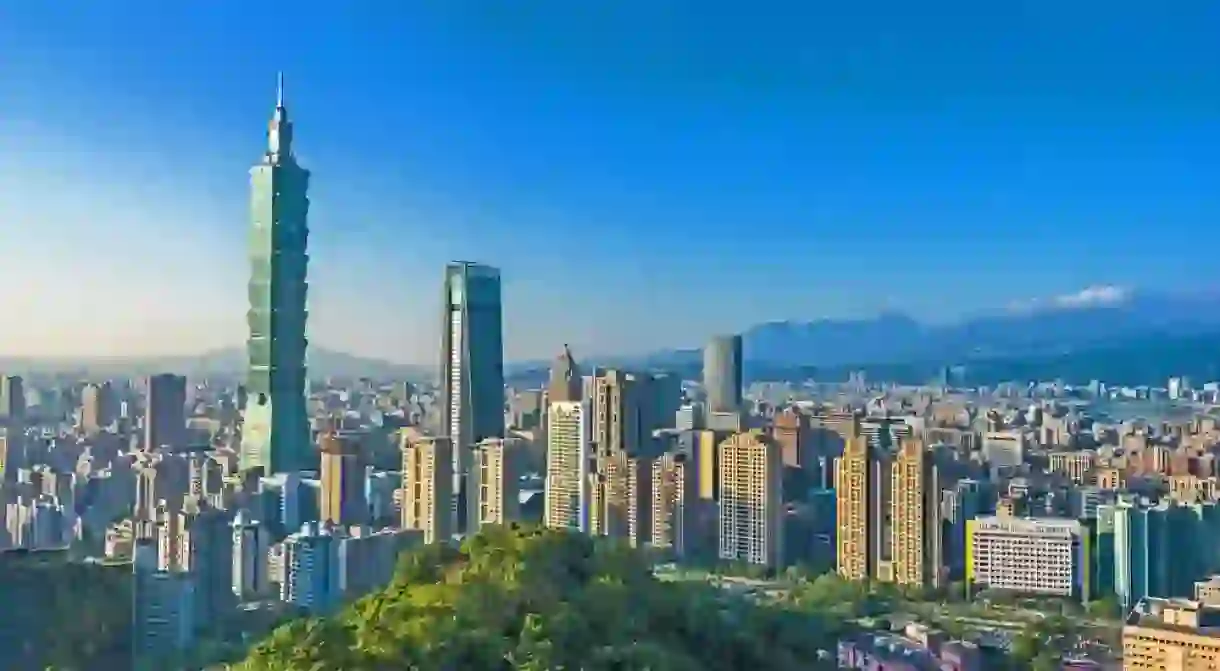Phrases to Help You Speak Like a Local in Taiwan

Visiting Taiwan is a wonderful experience. The scenery is amazing, the food is delicious, and the people are incredibly friendly. However, most tourists encounter one obstacle on their trip to Taiwan – the language. So to help you along, here are some useful phrases to have you speaking like a local.
Mandarin takes a lot of practice to perfect, with the various tones of the language causing students the most difficulty. However, when tourists attempt to speak these useful phrases, locals are often impressed with their efforts and may even offer an impromptu language lesson on the side of the street.
Ni hao – Hello
(pronounced nee how)
The most basic of phrases that every tourist should learn no matter where they travel. This is the shortened version of Ni Hao Ma? that means ‘How are you?’ It’s a great ice-breaker and can be used to greet anyone in any situation.
Xie xie – Thanks
(pronounced shh-yeah shh-yeah)
It always pays to be polite, and everyone from wait staff to the doorman at the hotel will appreciate the effort. You can also try Xie Xie Ni (shh-yeah shh-yeah nee) which means ‘thank you.’
Chi bao le ma? – Have you eaten?
(pronounced chi bow le ma? – chi as in chip, bow rhymes with how)
This is a common greeting in Taiwan, and the person greeting you usually doesn’t expect an answer regarding the fullness of your belly. They just want to know how you are. It’s a very Taiwanese thing to say, and you’ll sound just like a local when using it.
Ting bu dong – I don’t understand
(pronounced ting boo dong)
This is a great help when the local shopkeeper or the waiter in a restaurant asks you a question, and you have no idea what they are saying. This is especially useful if you have greeted someone with chi bao le ma? only to find that the person you are speaking to thinks you have excellent Mandarin.
Duo shao qian? – How much? ($)
(pronounced d-wo shaow chi-yen)
The first two words in this phrase mean how much, while the third means money. This is, of course, useful when you go to night markets and anywhere that you might have to pay money, which – if we’re honest – is pretty much anywhere.
Zhe ge – This one
(pronounced je-guh)
Once again, this is useful in night markets and restaurants when you want to point out something that you want.
Bu hao yisi – Pardon me
(pronounced boo how ee si – si as in sit)
This doesn’t really translate as excuse me or anything even remotely like it, but locals use it all the time when they bump into someone or if they are trying to squeeze past on the MRT.
Mei you wen ti – No problem
(pronounced may yo wen tee)
If someone bumps into you or the store owner doesn’t have what you’re looking for, this phrase is a polite way of letting them know that it doesn’t bother you at all.
Tones mean everything in Mandarin, but don’t worry about it too much as a tourist. Locals will appreciate your attempts and will undoubtedly understand what you are trying to say and help you out if you need it.
Check out these tours and excursions in Taiwan.













